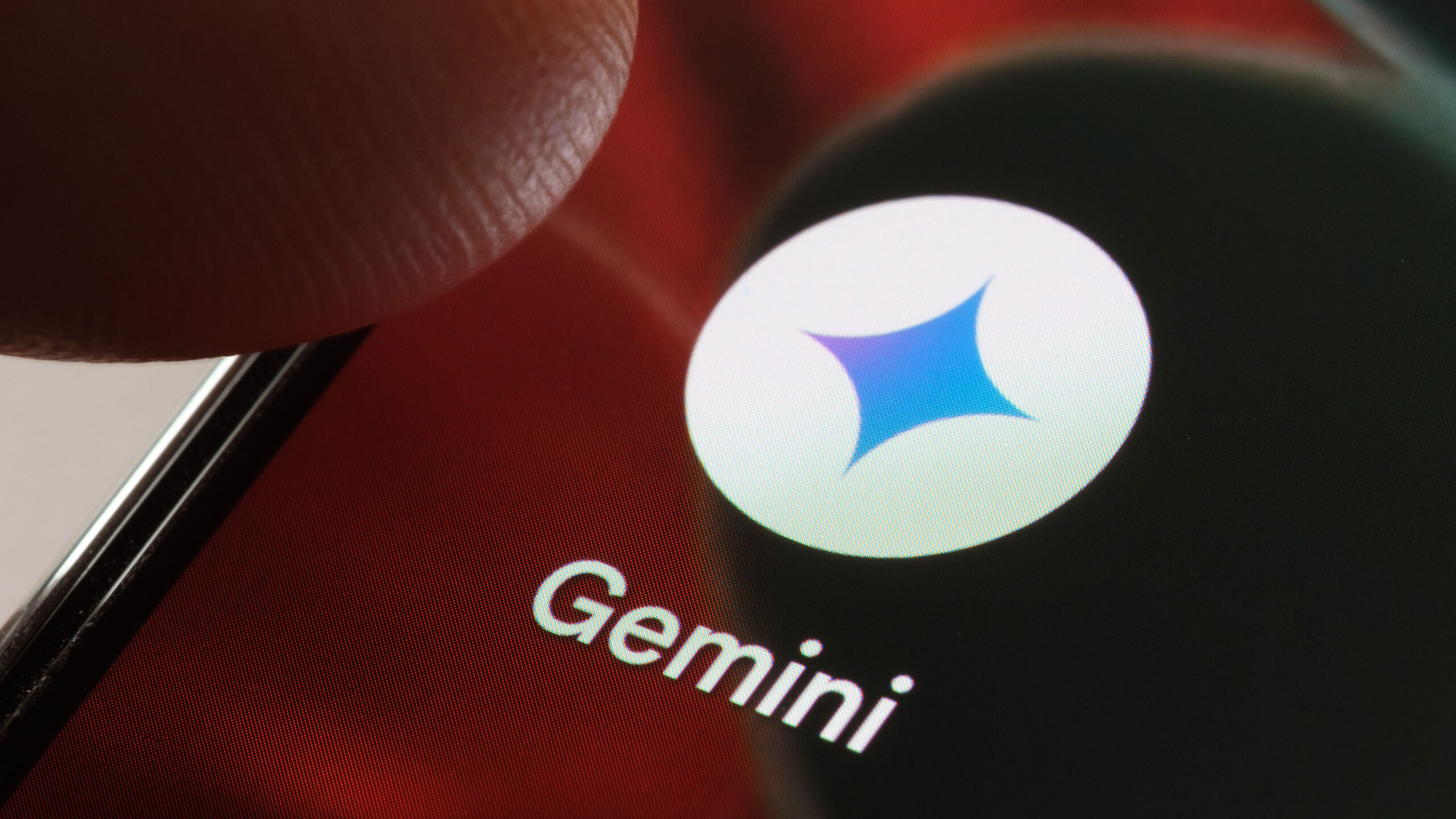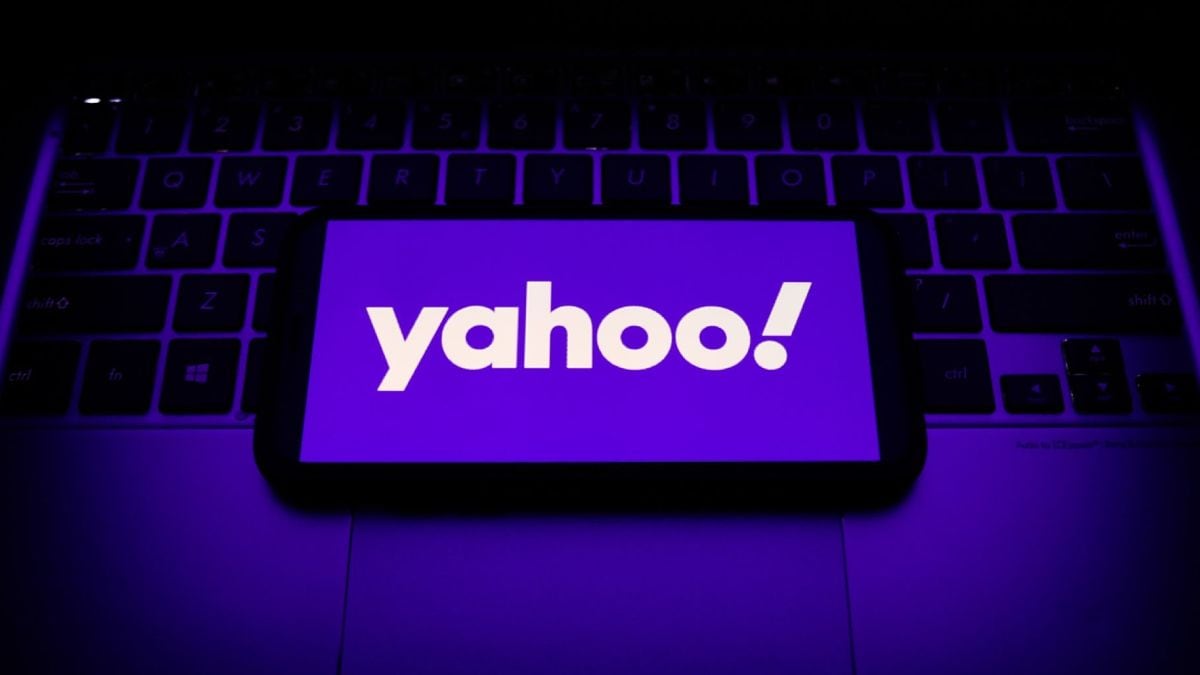Fidji Simo, recently appointed CEO of applications at OpenAI, predicts the company could grow over 100-fold by leveraging its diverse AI products. Speaking at the VivaTech 2025 conference in Paris, she emphasized the vital integration of foundational AI models, applications, and devices, aiming to transform how people work, learn, and shop. Tasked with translating cutting-edge research into practical applications, Simo highlighted the potential of AI to enhance productivity and democratize access to knowledge and resources. With a successful track record at Instacart, where she significantly advanced AI adoption, she is prepared to scale OpenAI’s impact. While acknowledging the promise of agentic AI, which aims for autonomy, Simo cautioned that current implementations still require human oversight. She champions embedding AI in real-world applications and strives to ensure that AI benefits reach billions, ultimately aiming to improve lives and empower a broader audience through innovative technology.
Source link
OpenAI’s Business Growth Marks an Exciting New Chapter
Midjourney Faces Lawsuit Over Unauthorized Use of Disney and Universal Content in AI Images
Disney and Universal Studios have initiated a copyright infringement lawsuit against the generative AI company Midjourney in California, claiming it misappropriated their intellectual property and threatens U.S. copyright principles. The studios allege that Midjourney enables users to generate images of iconic characters, such as Darth Vader and Baby Yoda, by inputting text prompts, effectively creating unauthorized copies of their copyrighted works.
The complaint asserts that Midjourney’s service operates as a “virtual vending machine,” producing endless unauthorized reproductions. The studios allege that Midjourney, which reportedly made $300 million last year, has ignored their requests to adopt measures preventing copyright violations. They are seeking up to $150,000 in statutory damages for each infringement.
This case marks a significant moment in copyright law as it is the first instance of major film studios suing an AI firm, potentially setting a legal precedent for future AI copyright infringement cases.
Source link
AI Tool Revolutionizes Antimicrobial Stewardship and C. Diff Prevention in Hospitals
A recent study at Michigan Medicine explored the use of an AI-guided infection prevention bundle to prevent Clostridioides difficile infections (CDI) and enhance antimicrobial stewardship in hospitals. While the AI implementation did not significantly reduce CDI rates, it led to notable decreases in associated antimicrobial usage, particularly among high-risk patients. The study contrasted outcomes for 39,046 hospitalizations before AI integration with 40,515 post-integration. Although CDI cases totaled 127 and 148 in pre- and post-AI periods, respectively, the CDI incidence rate showed no significant difference. However, reductions in specific antibiotics like ampicillin sulbactam and piperacillin-tazobactam were statistically significant. Interviews indicated varied adherence among healthcare staff regarding AI workflows and hand hygiene practices. The study suggests that further research should focus on overcoming implementation barriers and optimizing AI tools to improve clinical outcomes across diverse healthcare settings.
Source link
Google’s Gemini Tackles Your Most Frustrating PDF Issues
Google is enhancing its AI assistant, Gemini, to provide more than just PDF summaries in Google Drive. The tool will now offer clickable action suggestions based on content within PDFs, aiding users in tasks like drafting proposals or creating interview questions. This new feature operates directly in the PDF preview without needing a separate tab, streamlining user interaction. Gemini’s summary cards will present concise overviews of documents along with relevant action options, saving time and improving efficiency. Available in over 20 languages, the updates cater to both business and personal accounts, including various Google offerings. Users are required to enable smart features and personalization to access these enhanced capabilities. The gradual rollout has begun, with full availability expected in about two weeks. Overall, these improvements significantly augment Gemini’s utility for busy professionals and personal users alike.
Source link
Yahoo Enhances Mail App with Innovative AI Features to Boost User Engagement
Yahoo is enhancing its email platform with new AI features to engage younger users, including Gen Z and millennials. The newly introduced “Catch Up” feature will offer AI-generated summaries and previews, allowing users to delete emails or keep them in their inbox with ease. This upgrade marks the most significant change to the Yahoo Mail app in a decade, as the company has struggled to innovate amid competition from platforms like Gmail. Following a massive security breach in 2013, Yahoo has focused on rebuilding user trust. CEO Jim Lanzone highlighted that nearly half of Yahoo Mail users are from younger generations and emphasized the ongoing importance of email in daily life. He views AI as crucial for future developments across all Yahoo products, aiming for seamless integration to simplify user experiences. Lanzone believes that with further innovation ahead, Yahoo’s brand remains resilient, referring to it as “vintage.”
Source link
AI Tool of the Week: Mews’ Smart Tips Revolutionizes Personalized Hospitality with Subtle AI Enhancements
Amsterdam-based Mews, a hospitality technology company, has achieved a significant milestone by integrating AI into enhancing hotel guest experiences. Their AI Smart Tips feature, which provides hospitality teams with instant access to guest insights, is now utilized over 5 million times weekly across their global clientele. This feature summarizes essential guest details, such as booking preferences and past behaviors, directly in guest profiles and reservation calendars, allowing for quicker insights and improved service.
The tool enables cross-departmental access, making it easier for all staff—from front desk to housekeeping—to deliver personalized service. For instance, at Boardwalk Boutique Hotel Aruba, the system helps staff remember small guest preferences, enhancing loyalty through attention to detail. Similarly, Auberge St Pol in Belgium reports that the feature has transformed guest greetings, ensuring personalized interactions. Mews aims to streamline hotel operations while enhancing guest satisfaction, serving over 5,500 clients in more than 85 countries.
Source link
Is Google on the Verge of Transforming the Internet?
Google’s introduction of AI Mode in its search engine signals a potential paradigm shift in how users access information online, raising concerns about the future of traditional websites and the “open web.” This tool, which summarizes information in a chatbot format instead of providing links to sources, could drastically reduce website traffic, challenging the revenue models supporting many digital content creators. Critics highlight fears of diminished content quality and reduced job security for thousands of online publishers, as reliance on AI-generated responses may replace organic search traffic. Optimists believe AI Mode could enhance the search experience, yet many experts caution that its wider adoption risks decimating the diverse, independent websites that form the internet’s backbone. As users increasingly seek direct answers, concerns grow about the implications for content discovery, originality, and the broader digital economy. While Google claims AI tools will improve web health, many worry it might herald the end of the internet as we know it.
Source link
Tencent Unveils AI Tool for College Application Guidance Following Gaokao · TechNode
Tencent has launched an AI tool, Yuanbao, to assist students with university applications following China’s gaokao exams. Available on mobile and desktop, Yuanbao’s “deep thinking” mode offers personalized guidance by utilizing a real-time knowledge base related to the exams. This feature is part of Tencent’s broader initiative, which also includes the AI GaokaoTong, introduced in May through QQ Browser, providing comprehensive support for the college entrance process using Tencent’s Hunyuan model. Meanwhile, Quark has introduced its own gaokao recommendation system, featuring application reports and smart school matching. The gaokao exam is crucial in determining university admissions, heavily affecting students’ futures based on their scores and preferred applications submitted prior to the exam.
Source link
Google Enhances Bard with ChatGPT Insights, According to AI Document Leaks
In 2023, Google aimed to enhance its chatbot Bard, later rebranded as Gemini, amid challenges from ChatGPT. Internal documents revealed that Google’s contractors at Scale AI leveraged ChatGPT’s outputs to refine Bard’s responses, which were initially criticized as “rushed” and “botched.” Scale AI generated thousands of responses from ChatGPT, comparing them with Bard’s to improve the latter’s performance. Contractors were incentivized to craft answers that could surpass those of ChatGPT. Scale AI maintained that these activities merely comprised standard performance evaluations, not training, and Google affirmed they did not use ChatGPT’s data for that purpose. Despite this, experts noted that evaluation can still influence AI models. Additionally, a publicly accessible document detailed sensitive information about the contractors and their work, prompting an investigation by Scale AI. Following these efforts, Google successfully reemerged in the AI scene, launching over 100 new products and features.
Source link









